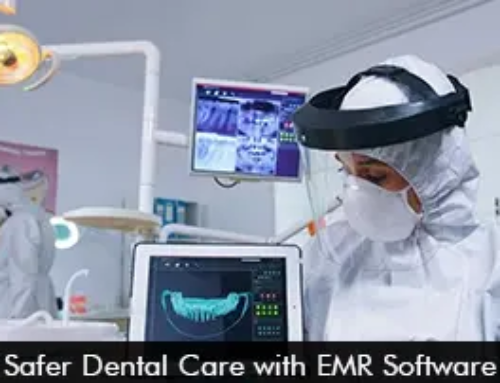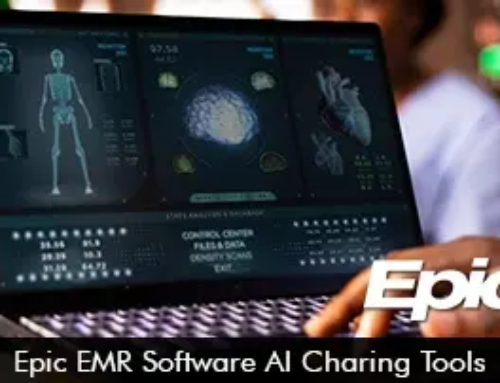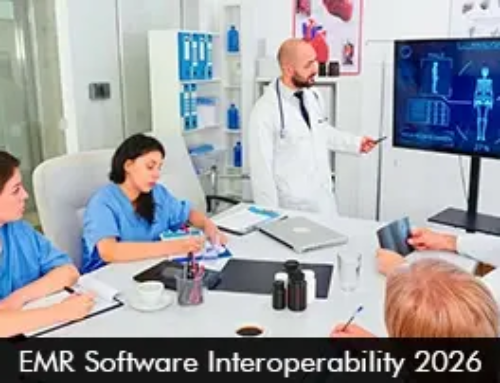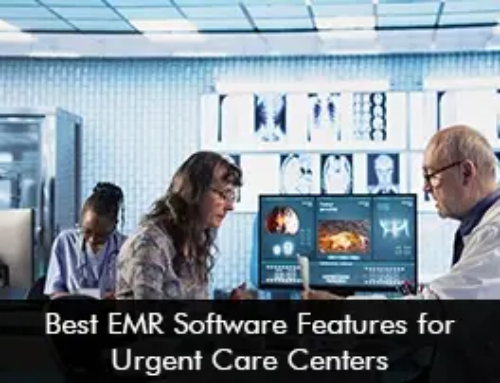Cloud-based solutions are revolutionizing how the healthcare system is operating and delivering care to patients. Being on the cloud means your practice has more flexibility, seamless information exchange, zero need for installing equipment, and guaranteed security against cybersecurity threats. Providers and hospitals are now switching to cloud-based software services because of the many potential benefits and convenience it brings to their daily workflows. Let’s talk about cloud-based patient relationship management software which is commonly referred to as PRM Software.
What is a cloud-based Patient Relationship Management Software System?
As providers you know that maintaining strong relationships and keep your patients satisfied is truly important for the success of your practice. A patient relationship management software or PRM software is a robust solution that enhances the patient care process and supports seamless flow of information within the healthcare sector which ultimately helps to optimize patient outcome levels. A PRM software system is also known as a healthcare customer relationship (CRM) software solution.
What are the benefits of levering a Cloud-based Patient Relationship Management (PRM) Software?
Using cloud-based PRM Software solutions can take your practice to the next level in terms of patient care and patient experience. Here are the major benefits of deploying cloud-based patient relationship management software.
- Supports better patient engagement
- The software improves and centralizes the data and functionality of the Electronic Medical Records (EMR) Software system
- Value-based care can be offered
- Patient outcome levels enhance as free-flow of communication is encouraged
- The cloud-based technology in the PRM software means your organization is strongly encrypted against phishing attacks
- Takes care of the provider’s schedule by finding the most appropriate scheduling slots
Functionalities offered by the PRM Software system
Cloud-based patient relationship management or healthcare (CRM) software provides multiple functionalities to a hospital system which streamlines daily processes and improves the care delivery for patients.
- Patient Management – Patient management is a critical part of the healthcare system. By deploying a PRM software solution medical staff members can easily handle appointments, documents, and prescriptions, and being on the cloud means they can handle patient-related tasks from any device and at any time. Patient profiles can be generated and maintained which helps the healthcare provider to know the conditions of specific patients and then craft out a customized treatment process. The patient relationship management software also has the feature of real-time reports and analytics which can provide valuable insights into performance levels.
- Medication Management – A robust PRM software supports medication management by sending electronic prescriptions to the pharmacies. The software also has the functionality to send automatic reminders to patients about their medication intake which is extremely helpful for busy and aging patients who can forget to take their pills at the right time. Effective medication management provides an opportunity for better on-going care for the patient.
- Encourage communication – A CRM also encourages secure communication between the provider and patient via a HIPAA Compliant platform. Automated messages can be sent to the patient related to appointment reminders, yearly screening reminders, customized birthday messages, and welcome messages for new patients. The timely communication makes the patient feel important and involved in their healthcare process.
Bottom-Line
Value-based care is now the aim of most hospital systems and clinics to keep patients satisfied and feel on top of their healthcare journey. By using patient relationship management software systems hospitals can expect to retain patients and encourage new ones to use their healthcare services which means revenue streams can also improve.








